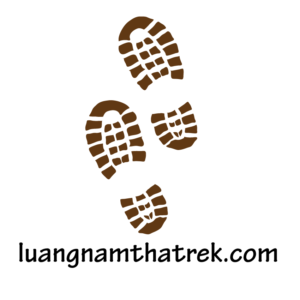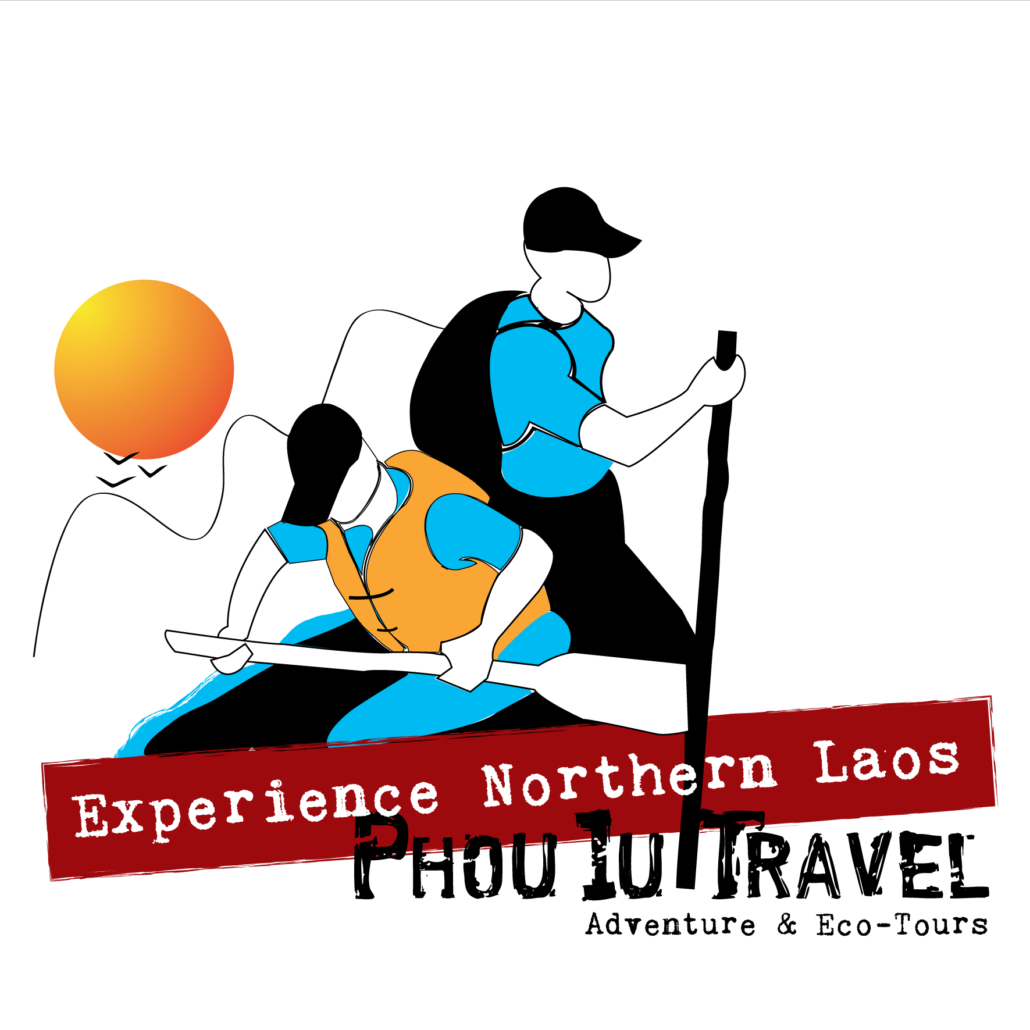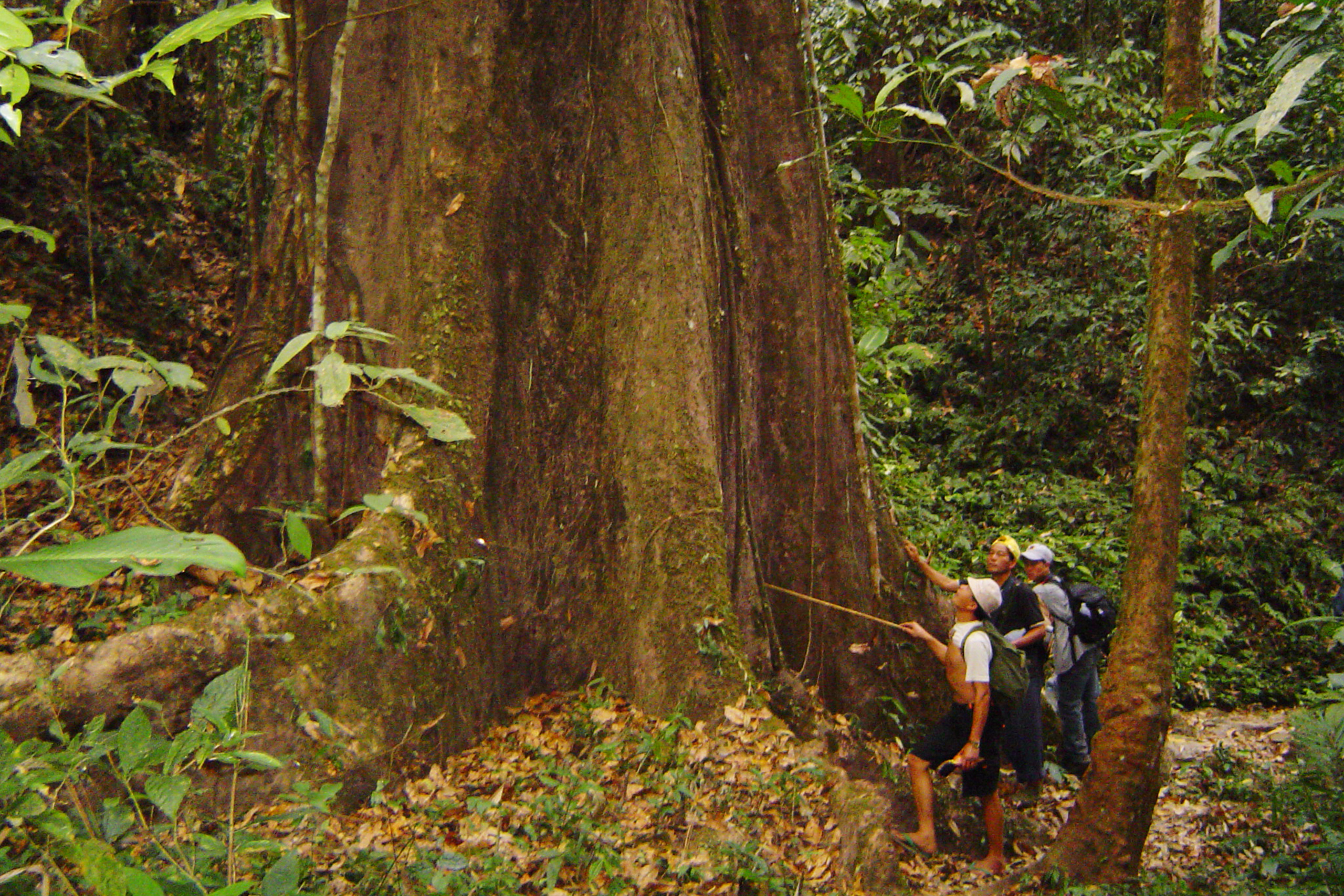
Preserve natural and cultural heritage for sustainability.
Luang Namtha province’s Nam Ha National Protected Area spans 222,400 hectares and remains rich in biodiversity and wildlife. It is home to many ethnic groups whose traditional ways of life, such as cultivation and hunting, are closely tied to nature. However, these cultures and customs are declining under the influence of other cultures. Eco-tourism, particularly hiking, can encourage conservation of the natural and cultural heritage.
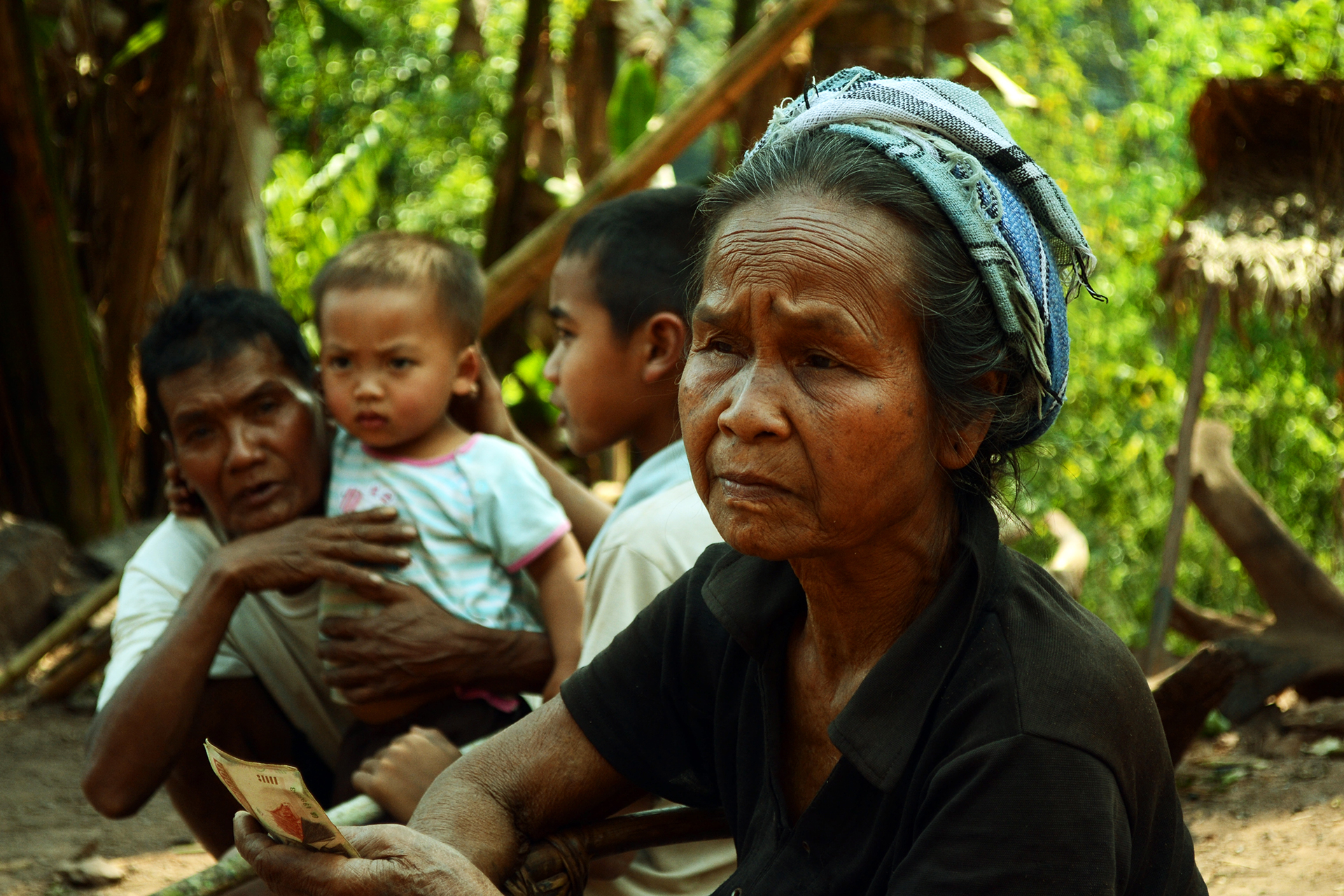
Create job opportunities, income, and poverty alleviation for ethnic groups.
Most ethnic groups living in Nam Ha NPA are still poor. Their main occupations are farming and collecting non-timber forest products. Eco-tourism, managed by the public and tourism sectors, has created jobs and increased income through roles such as local guides, food services, village homestays, cultural performances, and selling natural souvenirs.
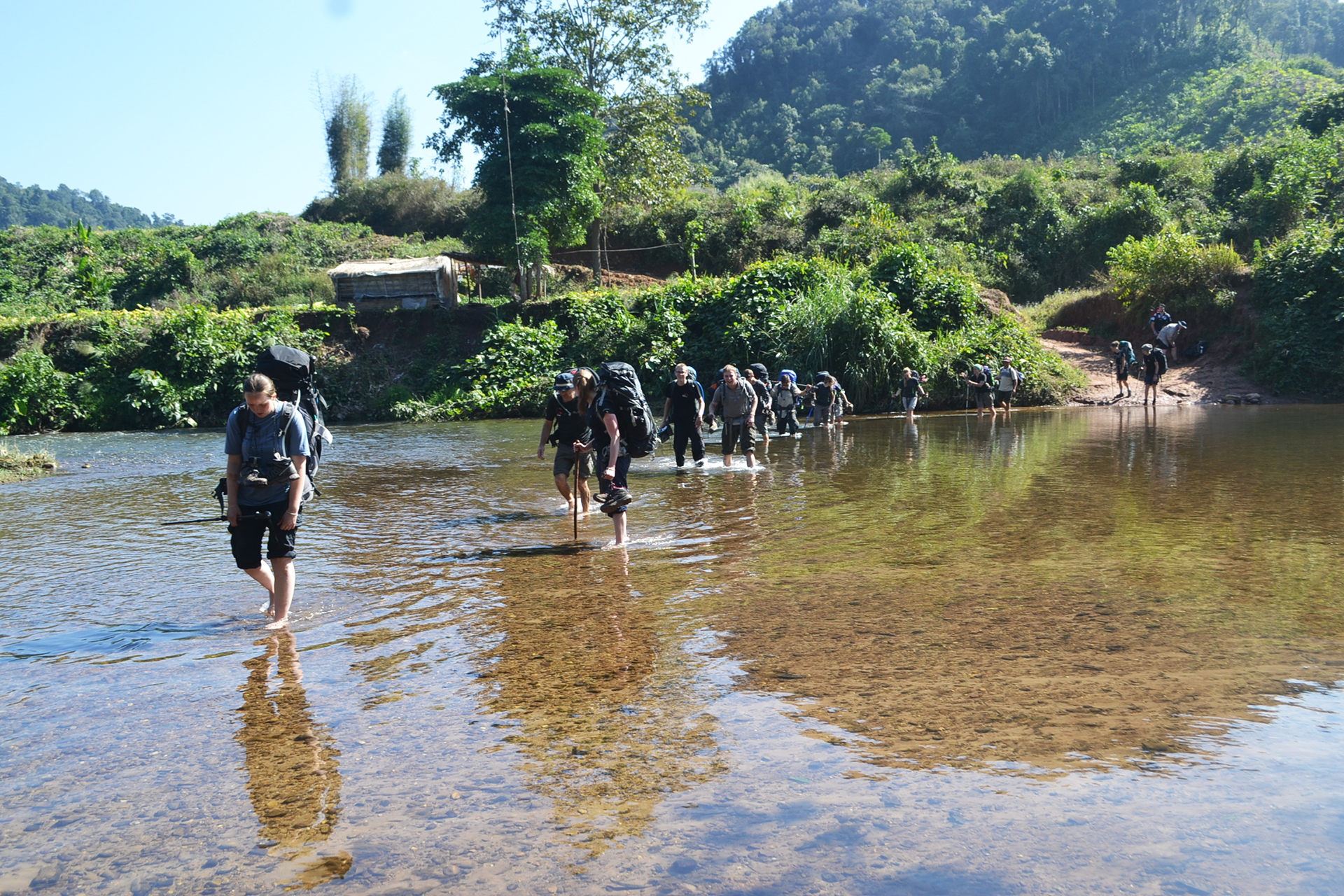
Raise awareness among locals to conserve environment, natural, and cultural resources.
As tourism resources, the local people must conserve their villages’ natural environment to keep it clean, balanced, and sustainable. They should also research and preserve their unique cultural heritage, allowing tourists to have an impressive and immersive experience of the tribes’ cultural values.
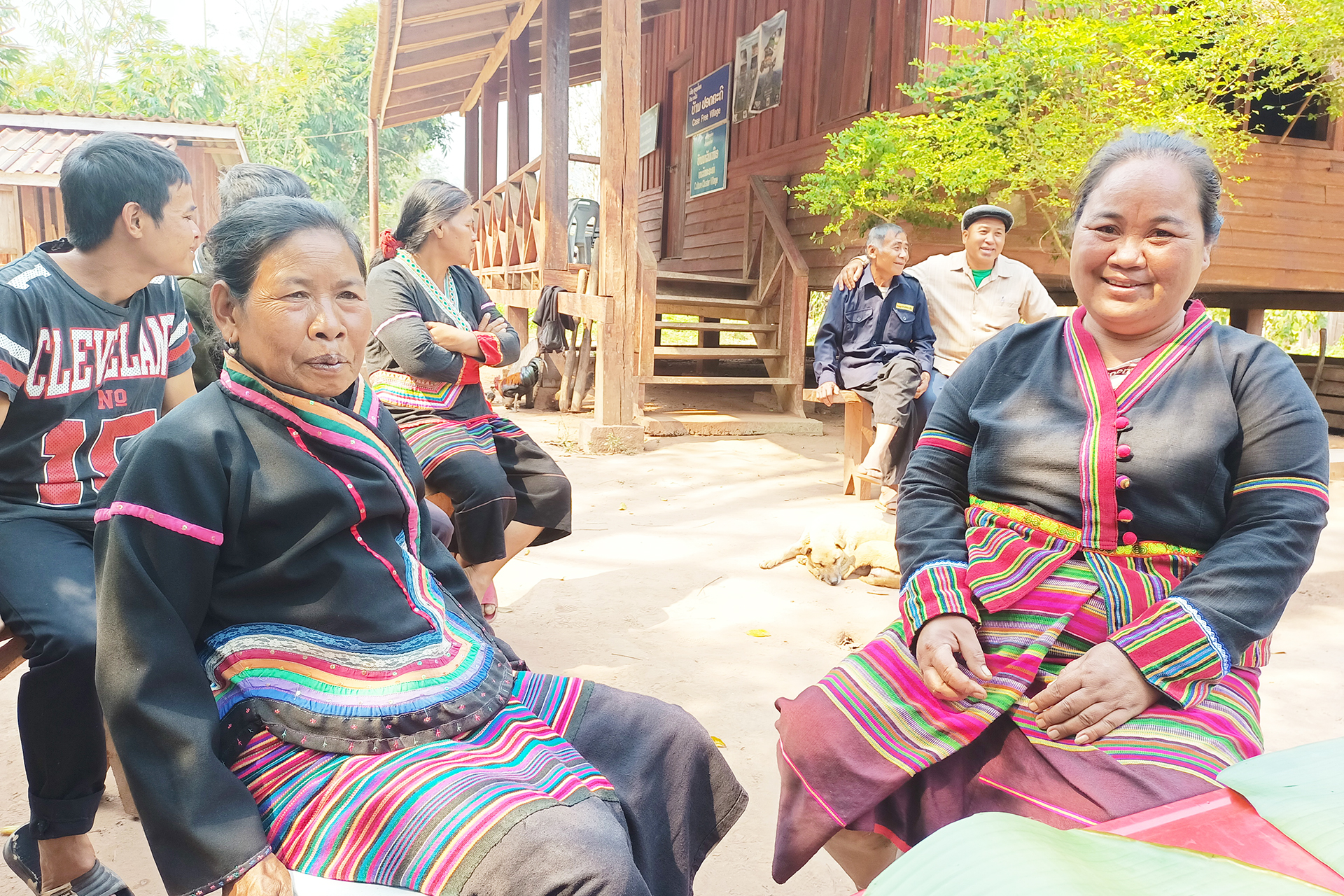
Promote gender equality among ethnic groups.
This culture, which has been inherited over a long time, prioritizes men, especially in public and social interactions. Even during meals, men eat first, reflecting the belief that women have no role in the family. To address this, the government has created opportunities for women in tribal villages to engage in tourism activities. Women now help define tourism regulations, establish service groups, and participate in managing tourism alongside men.
